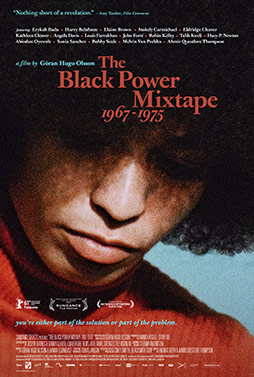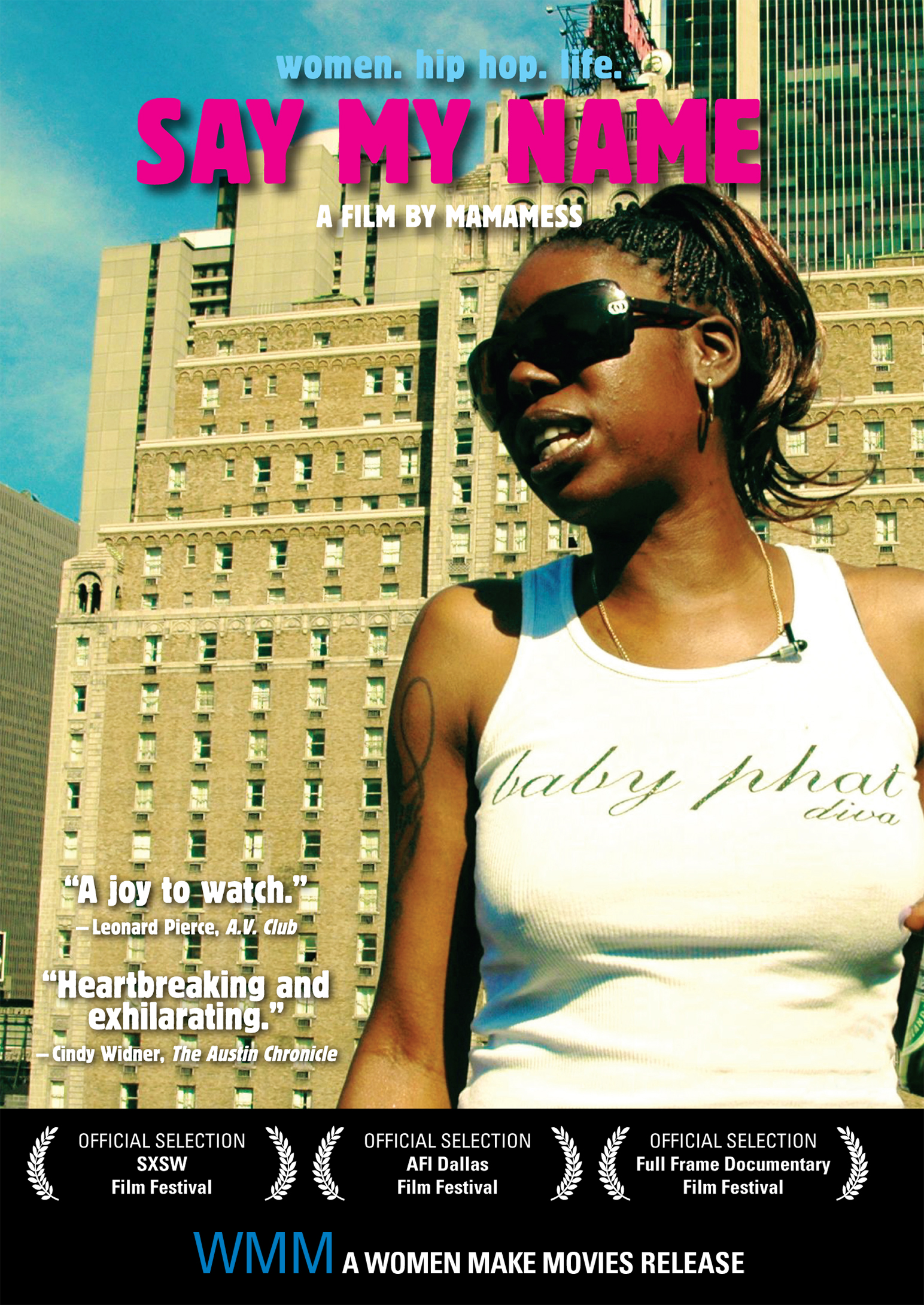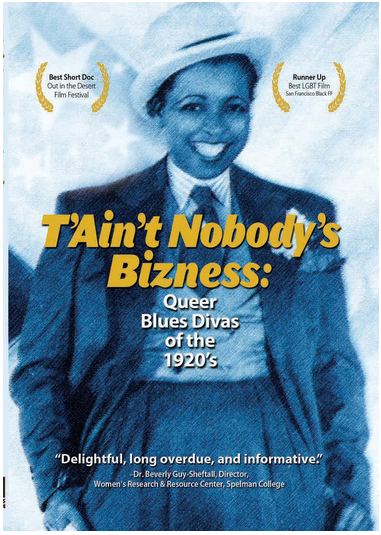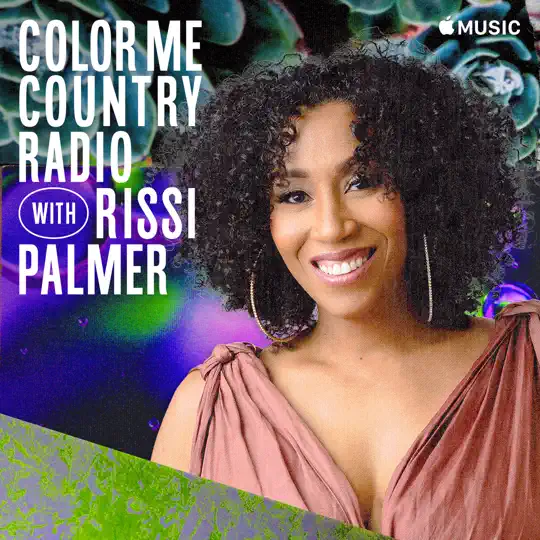The Black Power Mixtape
With contemporary audio interviews from leading African American artists, activists, musicians and scholars, The Black Power Mixtape 1967-1975 looks at the people, society, culture, and style that fuelled an era of convulsive change. Utilizing an innovative format that riffs on the popular 1970s mixtape format, Mixtape is a cinematic and musical journey into the black communities of America.
Olsson, Göran Hugo, Rogell, Annika, Barnes, Joslyn, Glover, Danny, Arnö, Axel, Badu, Erykah, Belafonte, Harry, Carmichael, Stokely, Chisholm, Shirley, Cleaver, Eldridge, Davis, Angela Y., Farrakhan, Louis, Forte, Gamble, Kenny, Kelley, Robin D. G., Kweli, Talib, Oyewole, Abiodun, Sanchez, Sonia, Seale, Bobby, Van Peebles, Melvin, Questlove, Keith, Om'Mas, Lejonqvist, Hanna, and Sundance Selects , Presenter, Production Company, Sponsoring Body. The Black Power Mixtape 1967-1975 : A Documentary in 9 Chapters. 2011. Web.










 What is Open Access?
What is Open Access?